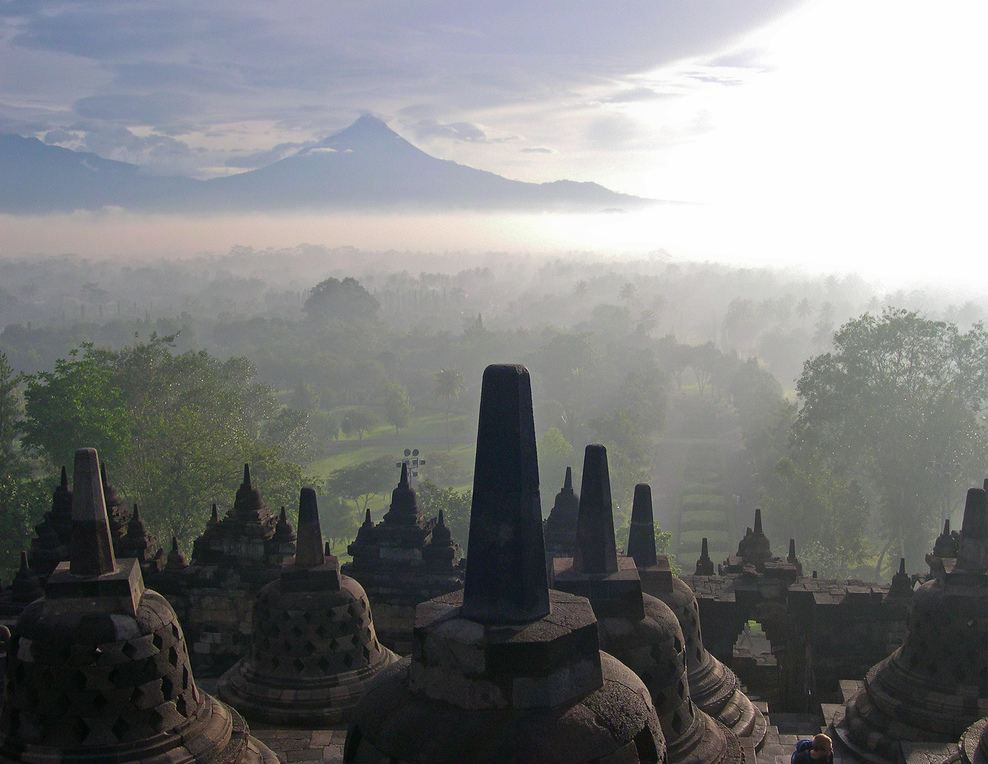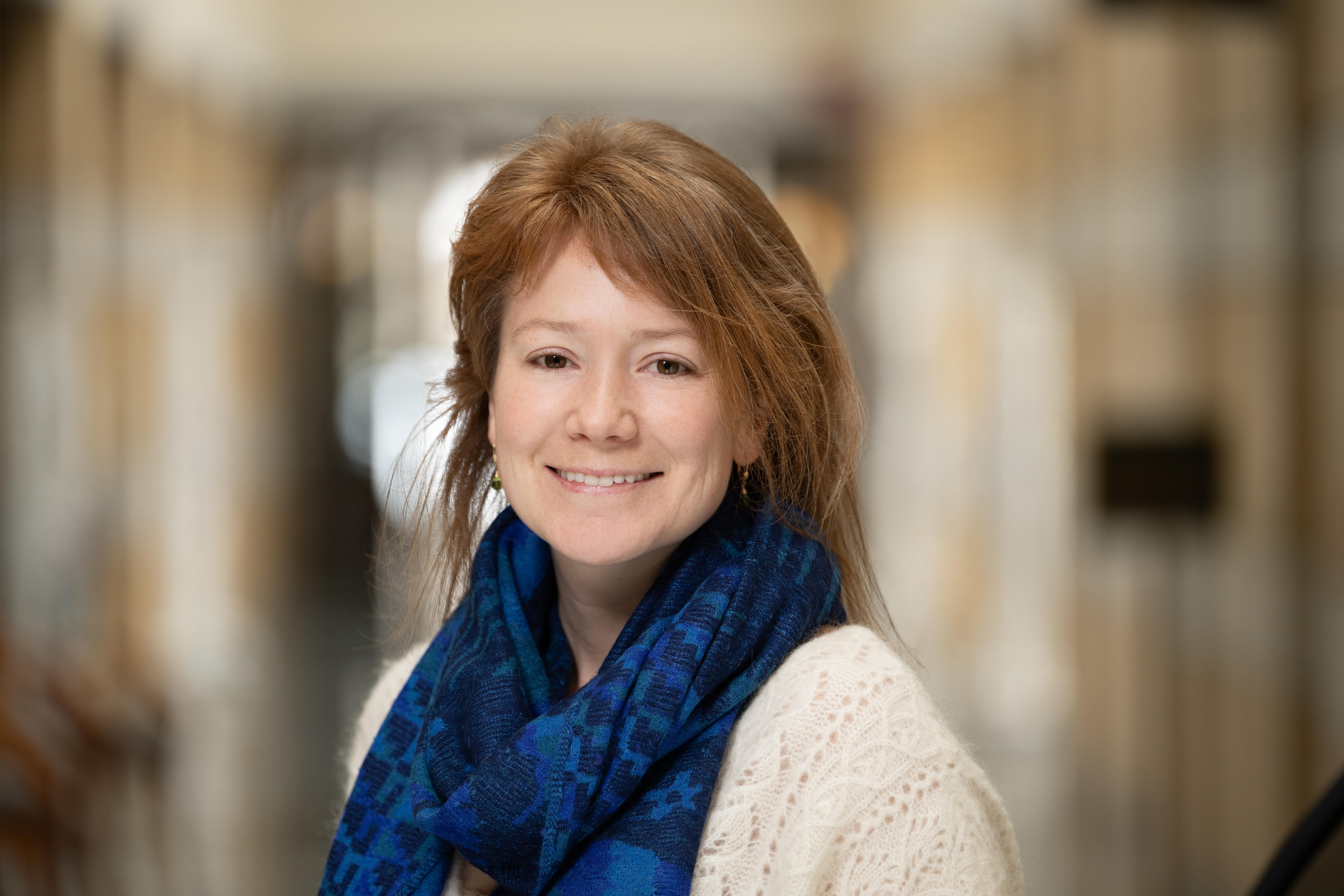
Where better to study radical pluralism than Indonesia? Beyond its legal frameworks, this democratic country of hundreds of sub-national ethnic groups, over 300 native languages, and six official religions and many more unofficial ones offers a rich living exercise in “engaging fellow citizens across social and ethical divides.”[1] While the ethno-regional tensions that gripped the country after the fall of Suharto have been largely quelled, two decades into democracy, the country faces new challenges to tolerance and identity. The sentencing on blasphemy charges of Ahok, Jakarta’s governor from 2014-2017, and asymmetric citizenship for non-Muslim Aceh residents since 2001 are just a few examples of the debate tearing through the Indonesian political and social fabric: What is the role of religion in public life?
The Contending Modernities Authority, Community, and Identity (ACI) in Indonesia working group gathers six research teams working on different facets of this question. On July 10th and 11th of 2017, the six teams convened at the Syarif Hidayatulla State Islamic University of Jakarta (UIN) for the conference “Beyond Coexistence in Plural Societies.” Organized by Contending Modernities (CM) and UIN’s LP2M Institute for Research and Community Service, researchers, religious scholars, and civil society partners came together to consider the lessons and questions Indonesia offers, both for its own future and for other diverse societies.
As the group develops its conference papers, CM has invited Indonesianists present at the conference to share their reflections on the conversations, particularly around the following guiding thoughts. We will be publishing their essays over the next several weeks.
Must We Value Pluralism to Coexist?
How do we approach and understand pluralism? What might be some pitfalls of using the concept of pluralism to engage questions of governance and tolerance?
By some readings, pluralism encompasses both non-violent interactions between distinct groups living in the same territory and the legal and political systems that permit autonomy to minorities. While some societies with representative political systems value the equitable protection of minority civil and political rights, all place some limitations on minorities (e.g. polygamy in the USA or same sex relationships in India). Yet what of majoritarian communities that do not value the right of minorities to exercise their identity, be it religious worship or speaking their own language? Can minority communities constrained by unequal, second-class citizenship truly be said to “coexist” with their majoritarian compatriots? Is there a difference between coexistence and a tenuous and constantly re-negotiated ability to maintain a minority identity in a territory?
It’s also possible to have enduring and plural social coalitions grounded on intolerance. Does our understanding of pluralism, and the normativities applied to the concept, blind us to some complex interactions between communities while lifting up others?
What Are the Foundations of Pluralism?
What sources of authority, such as theological and political convictions and practices, both open and close spaces for coexistence?
The ACI Indonesia working group explores the beliefs, structures, and leadership that legitimize pluralist and inclusive modes of belonging, on the one hand, and exclusivist community identities on the other. Many conference participants pointed to new divisive electoral campaign practices and the virulence of social media, above all, in driving the exclusivist politicization of religion. What sources of authority bolster pluralism, and how do they relate to those which silo communities and spur violence?
Can Inequity Be “Tolerance”?
How should we define tolerance, especially in a context of agonistic plurality? The challenges posed by majoritarian politics on modes of citizenship, including along lines of gender and sexuality, were readily apparent in the workshop presentations.
Much like the concept of coexistence, conditions of stark political inequality raise questions about how we employ the notion of social “tolerance.” For example, Christians and Hindus in Lombok are permitted freedom of belief, but are severely and often totally constrained in their ability to build places of worship by laws that allow the majority Muslim community to maintain control over authorizing new churches and temples, and even religious celebrations. Indonesian “tolerance” towards minorities is often mentioned, yet this degree of majoritarian control of public displays of minority identity disfigures the concept into its Orwellian mirror image. What are the limits of “tolerance,” and at what point are we really facing expressions of intolerance?
We invite you to read the upcoming essays in the series, and access the conference program for more information.
[1] Hefner, “Civic Normativities: Lessons from Indonesia on Citizenship and Deep Plurality,” presented at the “Beyond Coexistence in Plural Societies” conference on July 10th, 2017.

